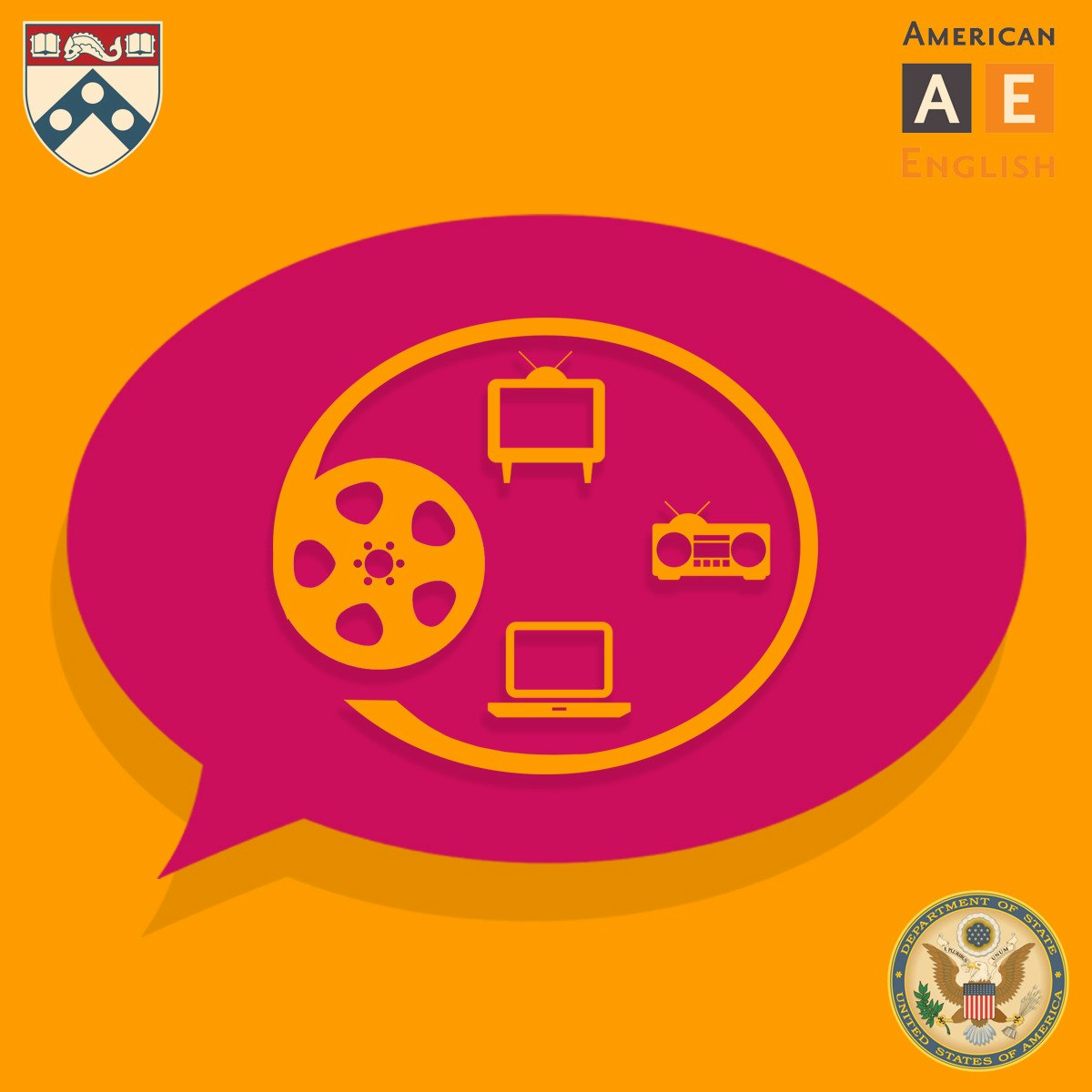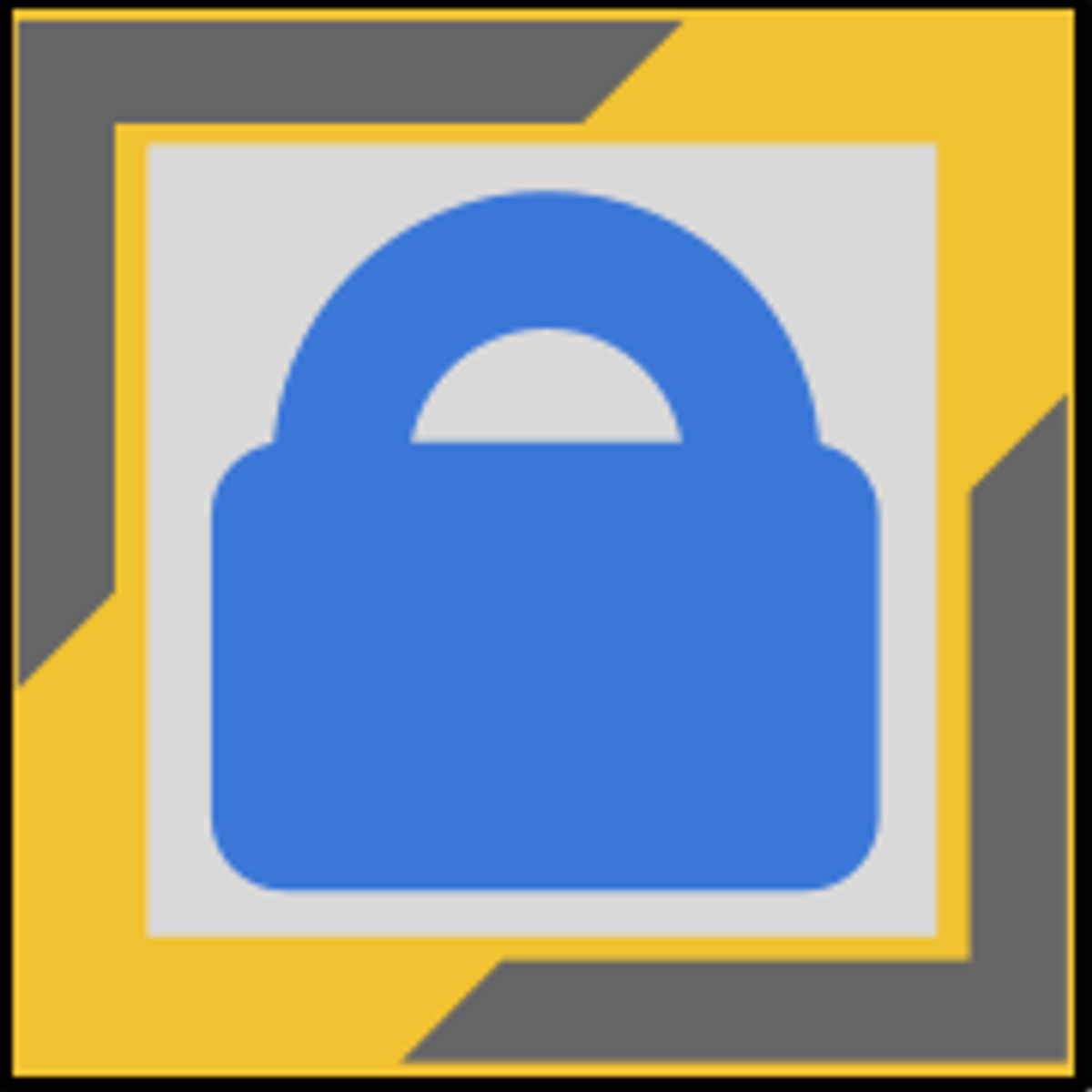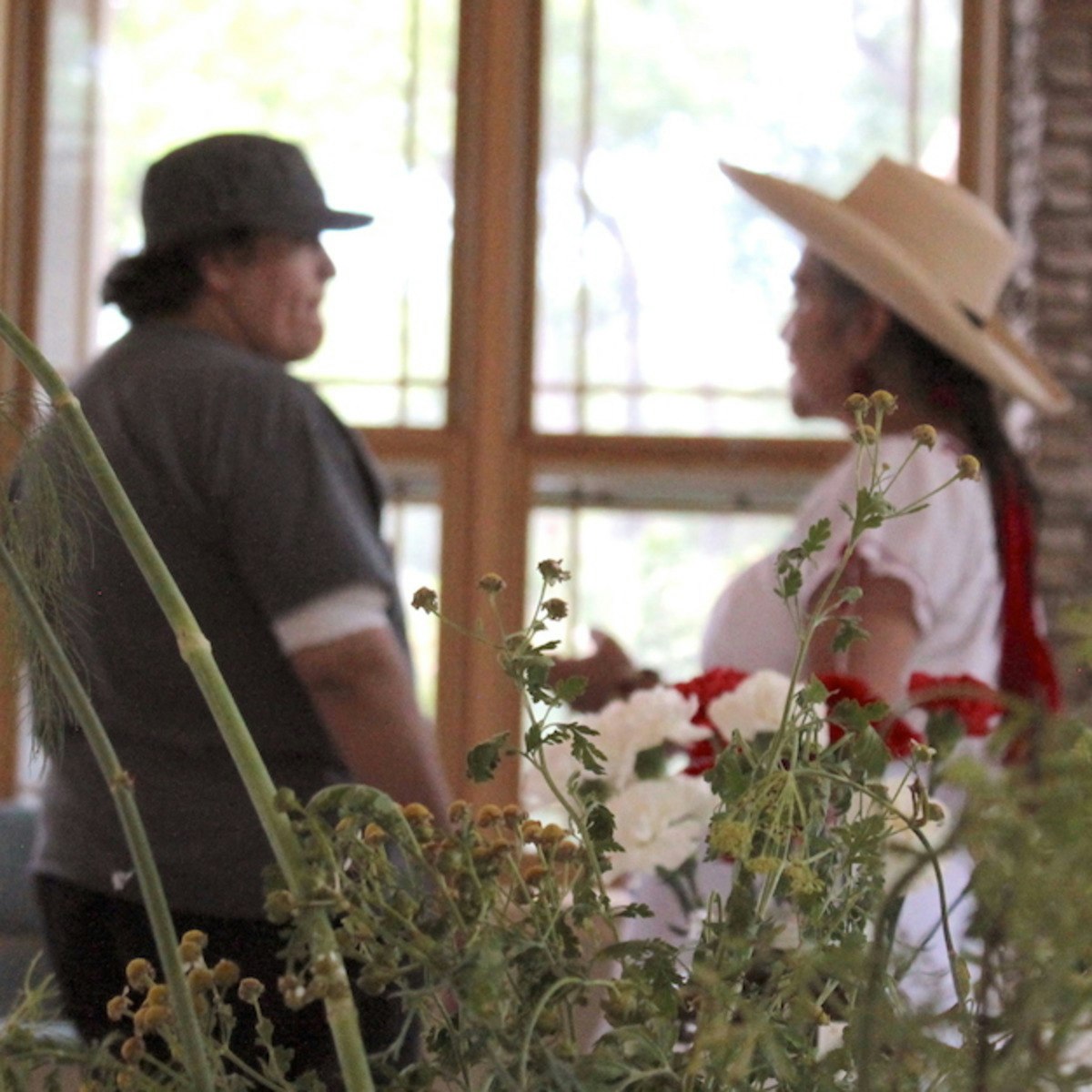Back to Courses









Personal Development Courses - Page 32
Showing results 311-320 of 514

English for Media Literacy
Welcome to English for Media Literacy, a course created by the University of Pennsylvania, and funded by the U.S. Department of State Bureau of Educational and Cultural Affairs, Office of English Language Programs.
To enroll in this course for free, click on “Enroll now” and then select "Full Course. No certificate."
This course is designed for non-native English speakers who are interested in learning more about U.S. media literacy. In this course, you will explore different types of mass media, such as newspapers, magazines, television, and social media. This course will also give you the opportunity to develop a broader understanding of the role media plays in our lives, while building your vocabulary and giving you the language skills needed to analyze what you read and watch. The first unit in this course will provide an introduction to media literacy and give you an opportunity to evaluate your own media literacy level. In unit 2, you will learn how to identify facts versus opinions in the media. The next unit in the course will focus on the differences between social media and traditional media, while unit 4 will look at how gender and identity are covered in the media. In the final unit of the course, you will demonstrate your increased media literacy by through a culminating final project on social media.
Development of this course was funded by the U.S. Department of State Bureau of Educational and Cultural Affairs Office of English Language Programs. Unless otherwise noted, all course materials are available for re-use, repurposing and free distribution under a Creative Commons 4.0 Attribution license.

Essentials for English Speeches and Presentations 英语演讲与演示
Students must learn essential knowledge and skills to deliver an impressive English speech or presentation for academic purposes, job hunting, and business occasions. Global perspectives and inter-cultural communication skills are taught here to facilitate most Chinese English learners.
学习在学术交流、求职、海外留学与商务场景下进行英文演讲与演示所必备的知识与技能,强化中国学生的全球化视角与跨文化沟通技巧。

Create a Cover Letter with an Envelope using Libre Writer
After successfully completing this project, you will have created a cover letter and an envelope using Libre Writer.
While composing a cover letter, you will use various features in Writer such as tables and fields. You will modify the font, change paragraph alignment and insert a bulleted list. You will also learn how to create an envelope as part of a document or save it as a separate file.
Note: This course works best for learners who are based in the North America region. We’re currently working on providing the same experience in other regions.

Cybersecurity for Data Science
This course aims to help anyone interested in data science understand the cybersecurity risks and the tools/techniques that can be used to mitigate those risks. We will cover the distinctions between confidentiality, integrity, and availability, introduce learners to relevant cybersecurity tools and techniques including cryptographic tools, software resources, and policies that will be essential to data science. We will explore key tools and techniques for authentication and access control so producers, curators, and users of data can help ensure the security and privacy of the data.
This course can be taken for academic credit as part of CU Boulder’s Master of Science in Data Science (MS-DS) degree offered on the Coursera platform. The MS-DS is an interdisciplinary degree that brings together faculty from CU Boulder’s departments of Applied Mathematics, Computer Science, Information Science, and others. With performance-based admissions and no application process, the MS-DS is ideal for individuals with a broad range of undergraduate education and/or professional experience in computer science, information science, mathematics, and statistics. Learn more about the MS-DS program at https://www.coursera.org/degrees/master-of-science-data-science-boulder.

Motivating Gen Z Learners: What Parents and Teachers Need to Know
The purpose of this course is to equip parents and educators with the knowledge of motivational theories and their application in real-life contexts. Following the storyline of two children, Bob and Sarah, course participants are presented with a variety of problem scenarios. These depict common motivational issues that the participants can resolve using the motivational principles described in the course. Through the various sessions, parents and educators will progressively build a repertoire of strategies that enable them to better understand the Gen Z learners and to enhance their motivation to learn. Course participants will also have the opportunity to check their own understanding through quizzes and to interact with one another through discussion forums.
This course was created with the National Institute of Education at Nanyang Technological University, Singapore.
About National Institute of Education (NIE)
As an autonomous institute of the Nanyang Technological University, the National Institute of Education (NIE), Singapore, is Singapore’s national teacher education institute and plays a key role in the preparation of teachers and in the provision of teacher professional and school leadership development programmes. Its university-based teacher education programmes leverage the strong partnerships with the Ministry of Education and Singapore schools to develop teachers who are grounded in theory and strong in practice. As an institute within a world-class research university, NIE also offers rigorous graduate education in the form of masters and doctoral programmes for local and international students.

Leading Oneself with Purpose and Meaning
Before we can lead others well, we must first learn to lead ourselves well. Knowing your why is an important part of this journey. In this course, you will identify your core purpose and recognize meaning in your life, explore the power of spirituality and embracing our mortality, create a lasting impact by serving a greater good, describe your character and practice personal excellence.
This course can be taken for academic credit as part of CU Boulder’s Master of Engineering in Engineering Management (ME-EM) degree offered on the Coursera platform. The ME-EM is designed to help engineers, scientists, and technical professionals move into leadership and management roles in the engineering and technical sectors. With performance-based admissions and no application process, the ME-EM is ideal for individuals with a broad range of undergraduate education and/or professional experience. Learn more about the ME-EM program at https://www.coursera.org/degrees/me-engineering-management-boulder.

Curanderismo: Traditional Healing Using Plants
COURSE DESCRIPTION
As one of four courses on Curanderismo, the art of Hispanic/Latino traditional medicine, this course focuses specifically on the use of plants in traditional healing. As an educational and cultural platform, this course will share the history, influences, and contributions of traditional medicine. Trained traditional healers will share their knowledge of the healing properties of plants commonly found in the Southwestern United States and Mexico through practical applications that can still be used today.
Learners will not become certified traditional healers at the completion of this course but will be able apply basic principles or traditional medicine to approach health and illnesses. They will become familiar specifically with the use of plants for the digestive and nervous systems; how to prepare tinctures and microdosis for healing; how to use juice therapy and geotherapy (clay combined with plants) for treatments; and the use of herbal oils and herbal smoke for healing.
Future Curanderismo courses include:
Traditional Healing of the Body: Intestinal blockage empacho, firecupping ventosas, and hydrotherapy (healing with water)
Traditional Healing of the Mind, Energy and Spirit: Sweatlodge Temazcal, Energetic/Spiritual cleansings Limpias, and Laugh therapy risaterapia.
Global and Cultural Influences of Traditional Healing: African tradition, Afro Latino from Cuba and Puerto Rico, Native American spiritual cleansings and Mayan acupuncture.
REQUIRED TEXTS
Curanderismo: The Art of Traditional Medicine without Borders by Eliseo Torres
Curandero: Traditional Healers of Mexico and the Southwest by Eliseo Torres with Imanol Miranda
Where to buy:
https://he.kendallhunt.com/product/curanderismo-art-traditional-medicine-without-borders
https://he.kendallhunt.com/product/curandero-traditional-healers-mexico-and-southwest
OPTIONAL TEXTS
Curandero: A life in Mexican Folk Healing by Eliseo Torres & Tim Sawyer
Healing with Herbs & Rituals: A Mexican Tradition, Eliseo Torres, edited by Tim Sawyer
Where to buy:
https://www.barnesandnoble.com/w/curandero-torres-eliseo-cheo/1120135382?ean=9780826336415&st=PLA&sid=BNB_1341481610&sourceId=PLAGoNA&dpid=tdtve346c&2sid=Google_c&gclid=EAIaIQobChMI3_6LmYev3gIViuNkCh3IPgUyEAQYASABEgLYXfD_BwE
https://www.barnesandnoble.com/w/healing-with-herbs-and-rituals-torres-eliseo-cheo/1120135381?ean=9780826339621&st=PLA&sid=BNB_825204424&sourceId=PLAGoNA&dpid=tdtve346c&2sid=Google_c&gclid=EAIaIQobChMIrrvswYev3gIVBsRkCh3BXQCHEAQYASABEgLnl_D_BwE

THINK GLOBAL: TEACHERS TRAINING COURSE (IDP-ICE)
A group of seven European partners from Catalonia, Belgium, and Wales worked together on the Erasmus+ funded ‘Think Global’ project on global competence. The project seeks to address the following research question through development and piloting of practical classroom activities: What is global competence, and how can it be learned effectively?
The Think Global project explores, through international collaboration, how global competence is defined, taught, learned, and measured in the classroom. It offers a model of professional learning for teachers to support students in developing global competence and its relationship with ODS.
So, this training course is addressed to school teachers and other school stakeholders. The focus of the course is to empower school teachers to implement cross-curricular projects on global competence, and it is delivered in an open online platform. The course is divided into five modules. The first is an overview of cross-cultural theory on global competences, the theoretical framework and the research and studies developed on the topic. The second module is based on principles and strategies. The third module deals with methodologies and developing global competence programs. The fourth module is about project based learning. The last module of the course consists of designing a global competence project to be implemented in the classroom. Teachers can decide what they need to work to achieve their objectives. In this way, they can decide which modules they need to work on, however it can be interesting to develop a final project to develop all the modules. It can provide teachers with a deeper understanding and reflections about our subjects and the development of global competence.

Know Thyself - The Value and Limits of Self-Knowledge: The Unconscious
A challenging but fascinating topic on the way to achieving self-knowledge is the unconscious. For well over a century, psychologists, philosophers, and many others have posited a level of mentality that is not immediately open to introspection; some would even say that certain unconscious elements cannot be known through introspection. This course will examine some of the most influential ideas about the unconscious starting with the work of Sigmund Freud, and follow the development of theories of the unconscious all the way to present research in experimental psychology. But be warned: some of the things you may learn about your unconscious mind may be surprising, and possibly even disturbing!
---
This course was created by a partnership between The University of Edinburgh and Humility & Conviction and Public Life Project, an engaged research project based at the University of Connecticut and funded by a generous grant from the John Templeton Foundation.

Speaking to inform: Discussing complex ideas with clear explanations and dynamic slides
In the professional realm, most speeches and presentations we give are informative in scope. A scientist needs to explain her recent research findings. A financial officer needs to report on quarterly earnings to his company’s board. A technology professional needs to educate a consumer about a new product. Any time you need to convey ideas or demonstrate a process, you’re dealing with informative speaking.
Informative speaking is a fun puzzle. You need to think from the perspective of your audience to identify what they need to hear in order to understand the key ideas. How much does the audience already know? What are the most important elements to convey? How should one convey these ideas with appropriate breadth and depth given the time constraints of the speech? This demands a strategic approach to speech design that we’ll undertake in this class.
By the end of the course, you should be able to explain complex ideas vividly and accessibly, design clear and compelling presentation slides, convey your passion for a topic while maintaining your professional credibility, and speak dynamically from notes and/or a manuscript. Learners will record speeches, providing and receiving peer feedback.
Popular Internships and Jobs by Categories
Find Jobs & Internships
Browse
© 2024 BoostGrad | All rights reserved